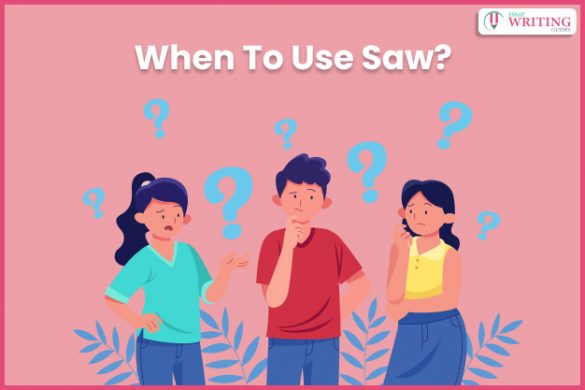
May I request you to please clear the following doubts:-ġ. I have gone through the entire lesson on present perfect as well as the comments thereunder.Īlthough the lesson is well-prepared with lots of practice exercises, still I have some doubts left in my mind. I'll keep looking until I have found my book. We normally use the present simple to talk about the future in clauses with before, after, until, etc.: GapFillTyping_MTYzMTk= Present perfect for future GapFillDragAndDrop_MTYzMTg= Present perfect continuous 2 We use the present perfect simple instead: We do not normally use the present perfect continuous with stative verbs.


They have been staying with us since last week. She has been living in Liverpool all her life. We normally use the present perfect continuous to emphasise that something is still continuing in the present: The present perfect continuous is formed with have/has been and the -ing form of the verb. Level: intermediate Present perfect continuous MultipleChoice_MTYzMTU= Present perfect and past simple 2 When we were children we have been to California.īut we can use the present perfect with adverbials which refer to a time which is not yet finished: We do not use the present perfect with adverbials which refer to a finished past time: MultipleChoice_MTYzMTM= Present perfect with time adverbials 2 I 've been watching that programme every week since it started. Scientists have recently discovered a new breed of monkey.ī: No, so far I 've only done my history.Īfter a clause with the present perfect we often use a clause with since to show when something started in the past: We often use the present perfect with adverbials which refer to the recent past: recently MultipleChoice_MTYzMTA= Present perfect with time adverbials We use have/has been when someone has gone to a place and returned:ī: I 've just been out to the supermarket.īut when someone has not returned, we use have/has gone:Ī: Where's Maria? I haven't seen her for weeks.ī: She 's gone to Paris for a week. GapFillTyping_MTYzMDc= have been and have gone Present perfect 1įor something that happened in the past but is important in the present: My last birthday was the worst day I have ever had. We often use the adverb everto talk about experience up to the present: He has written three books and he is working on another one.

I 've played the guitar ever since I was a teenager. when we are talking about our experience up to the present:.They 've been married for nearly fifty years. The present perfect is formed from the present tense of the verb have and the past participle of a verb.įor something that started in the past and continues in the present:


 0 kommentar(er)
0 kommentar(er)
